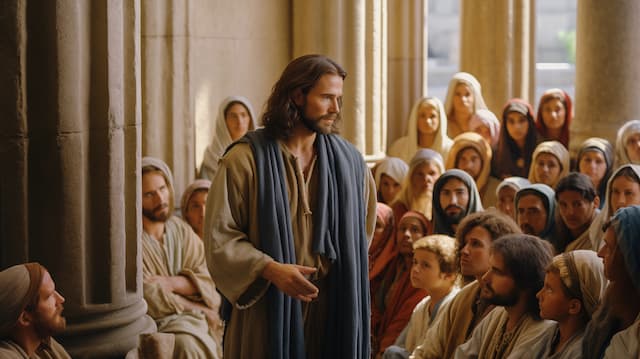Introduction To Kingdom Culture

It was Peter Drucker
who said, “Culture eats strategy for breakfast.” I have found this statement to
be profoundly true. You can have the best strategy and be executing planned
activities diligently but if the culture does not support your strategy the
results will not follow. Conversely, a mediocre strategy with activities that
don’t quite hit the mark executed in the context of a culture that supports the
organization’s highest ideals will bring surprising rewards.
Truth is
truth and applies equally in secular and religious spheres. Therefore, it
behoves us to ask, “What is kingdom culture?” What are the ideals that should
shape the culture in our local churches to ensure that what we are building is
truly founded on the cornerstone of Christ? The question of culture in our
churches is more important than issues of evangelism strategies, worship format
or youth programmes for example. Culture is what will colour everything in our
church and ultimately determine whether we are truly light and salt to the
earth or just a religious part of the world culture.
Let’s
start with the Sermon on the Mount (Matthew 5:1-14):
1 Seeing
the crowds, he went up on the mountain, and when he sat down, his disciples
came to him.
2 And he
opened his mouth and taught them, saying:
3 “Blessed
are the poor in spirit, for theirs is the kingdom of heaven.
4 “Blessed
are those who mourn, for they shall be comforted.
5 “Blessed
are the meek, for they shall inherit the earth.
6 “Blessed
are those who hunger and thirst for righteousness, for they shall be satisfied.
7 “Blessed
are the merciful, for they shall receive mercy.
8 “Blessed
are the pure in heart, for they shall see God.
9 “Blessed
are the peacemakers, for they shall be called sons of God.
10 “Blessed
are those who are persecuted for righteousness’ sake, for theirs is the kingdom
of heaven.
11 “Blessed
are you when others revile you and persecute you and utter all kinds of evil
against you falsely on my account. 12 Rejoice and be glad, for your
reward is great in heaven, for so they persecuted the prophets who were before
you.
The first point I wish to make is that all of the things that are called ‘blessed’ here are not things that are generally highly esteemed by the world culture. Jesus esteems poverty, the world values riches. Jesus esteems mourning, the world is looking for happiness. Jesus esteems meekness, the world values status. Jesus esteems hunger and thirst, the world values excess. Jesus esteems mercy, the world says, “Make them pay!”, Jesus esteems purity, the world glorifies sin. Jesus esteems the peacemaker, the world glorifies the soldier. Jesus esteems the persecuted, the world glorifies the strong. Heaven’s culture is diametrically opposed to the world culture. The core ethos of all of the ‘blessed’ statements is that in the kingdom you lose your life to save it, the greatest is the servant of all and the last will be first. This is the kingdom economy. The saint lives in a constant awareness of his lack and weakness so that his riches, righteousness and strength comes from and is attributed solely to the presence of Christ in his life. It is a glorious calling!
Sadly, the church in general is severely contaminated with the world culture. In many instances we have the same values just different jargon. We run after riches and call it blessings. We cry vengeance for our persecutors and call them heathens and demons. We walk around puffed up because we are ‘Christians’ (or belong to a particular subdivision or have a particular title) and make war in the name of God and truth and doctrine. We heap up titles like apostle and pastor and reverend, building our own religious hierarchy and fawning over the higher ups like corporate sycophants.
We need
to expunge these world values from the church. We need to be clear on the
tenets of the culture of the kingdom and be intentional about the culture that
we are crafting. In future blogs I will go into more details. To conclude for this
introduction, it is no coincidence that after the beatitudes, Jesus makes this
statement (Matthew 5:13-16):
13 “You are
the salt of the earth, but if salt has lost its taste, how shall its saltiness
be restored? It is no longer good for anything except to be thrown out and
trampled under people’s feet. 14 “You are the light of the world. A
city set on a hill cannot be hidden. 15 Nor do people light a lamp
and put it under a basket, but on a stand, and it gives light to all in the
house. 16 In the same way, let your light shine before others, so
that they may see your good works and give glory to your Father who is in
heaven.






